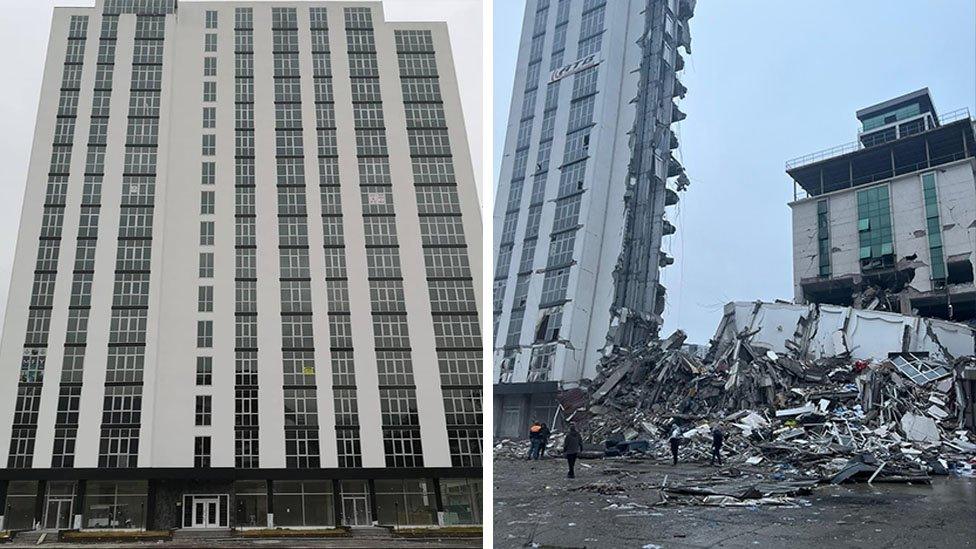Turkey earthquake: Why helping means so much to this family
- Published
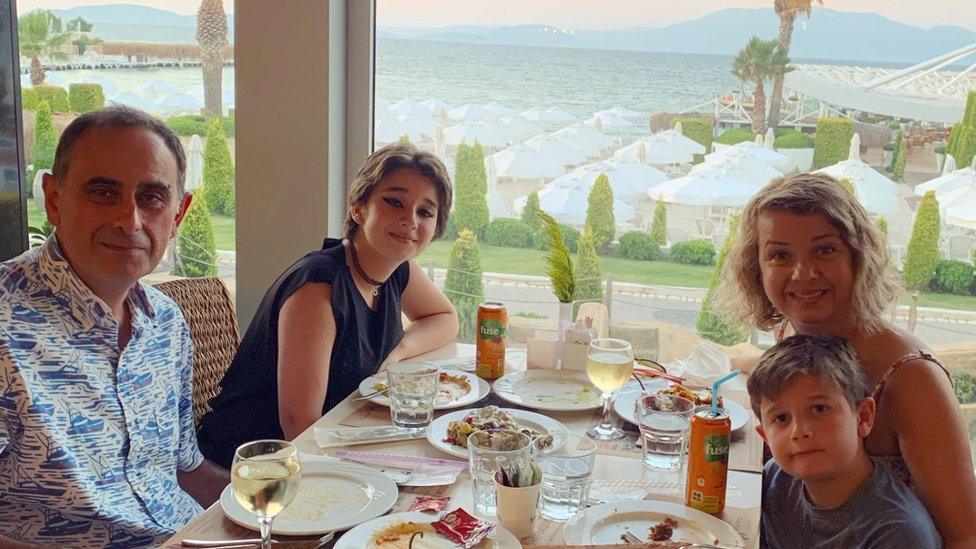
Ms Ovun-Sert and her family went back to visit Turkey last year
When Ozge Ovun-Sert saw video footage of catastrophic damage from the magnitude 7.8 earthquake that struck her home country of Turkey on Monday, she said she was instantly pulled back to the night when she and her family were forced to evacuate their home.
In August 1999, when Ms Ovun-Sert was 22, a magnitude 7.6 earthquake hit her hometown of Izmit, Turkey, killing around 40 of her neighbours in the building next door and forcing her family to sleep in tents for three weeks.
Watching from the US as the Turkey-Syria earthquake claimed thousands of lives in recent days, she and her community have been called to action.
"Whenever I see something like people being pulled out from rubble, I just can't help but cry and shake and feel helpless," said Ms Ovun-Sert, an executive committee member of the American Turkish Association of Washington, DC. "But then I'm telling myself 'Hey, focus on what you can do from here, because those people need this.'"
In addition to assistance from the US and national governments around the world, the American Turkish Association is one of dozens of local organisations in the US and Canada working to raise millions of dollars and provide support for those affected by the devastating earthquake.
To date, more than 17,000 people have been killed and thousands injured by the quake that hit south-eastern Turkey near the Syrian border. Thousands of buildings have been reduced to rubble and survivors were still being pulled from the wreckage more than 48 hours after the disaster.
Watch: Baby among those still being rescued days after quake
The American Turkish Association has raised more than $80,000 (£66,200) in earthquake aid over the past two days, while its umbrella organisation, Turkish Philanthropy Funds, has raised over $3m (£2.48m) to support the victims, Ms Ovun-Sert said.
She said she has been comforted by the dozens of people - some Turkish and others who are not - who have volunteered each day to help pack kits with winter clothes, baby items like diapers and medical supplies to be shipped over to Turkey.
Gizem Salcigil White, founder of a coffee shop named Turkish Coffee Lady in Alexandria, Virginia, and a DC American Turkish Association board member, has also been helping with the nationwide fundraising effort.
Her friends and relatives in Turkey have lost loved ones, and she fears a mounting death toll in the cold winter conditions as people remain trapped under the rubble with little food and water.
"We're watching those videos and hearing the horror stories," she said. "We can't sleep. We can't eat. We feel so guilty that those people are suffering so much, but we are trying our best to help."
Their group as well as Syrian communities across the US are planning to hold vigils to honour the lives lost.
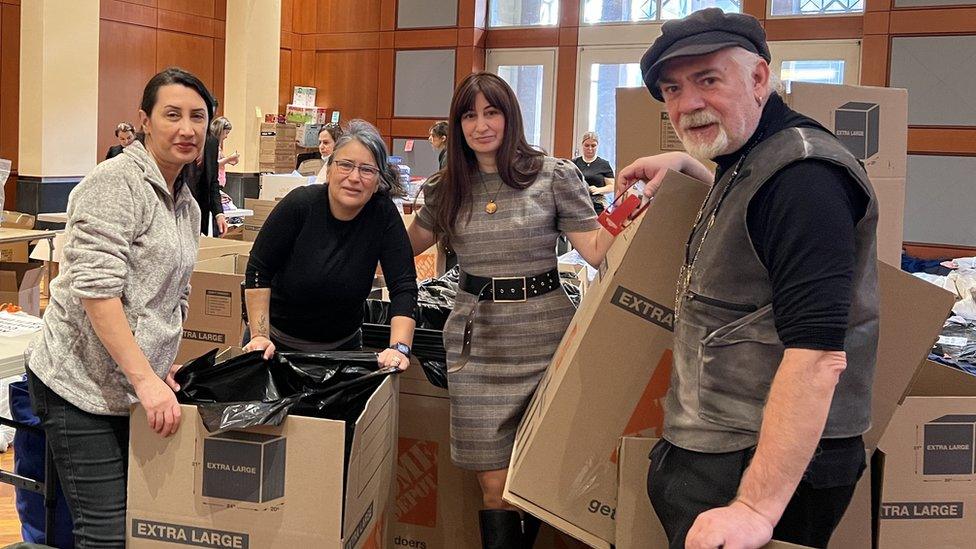
Gizem Salcigil White and others are preparing emergency supplies to send to Turkey
The earthquake has delivered another terrible hit to Syrian people who have already been displaced by conflict, said Suzanne Meriden, a Syrian American and the director of community and partner relations at the Syrian American Council.
"We've been all emotionally tired for the past 11 years," she said. "The emotions are reawakened through this disaster."
But the community has been quick to mobilise, she said. Syrian Americans are writing letters to Congress advocating for more aid and sharing information about the best organisations to donate to, including the on-the-ground volunteer organisation the White Helmets.
The earthquake has been a "tale of two tragedies", said Rahul Singh, the executive director and founder of Canadian humanitarian non-profit organisation GlobalMedic. The group has deployed several teams to offer front-line medical assistance in Turkey and to coordinate with partners in Syria.
Mr Singh said rescue workers have poured in to help those stuck under the rubble in Turkey, while those in war-torn Syria - where the vast majority of people relied on humanitarian aid even before the earthquake - struggle to receive help.
His team has seen a lot of earthquakes, but this is a "big one", he said.
"It's miles and miles of devastation," he said. "We're pretty seasoned. This is ugly."
Having experienced first-hand the enduring trauma of an earthquake, Ms Ovun-Sert said the American Turkish Association plans to keep raising money even after the emergency rescue teams have gone.
"This is what we're focusing on right now, instead of focusing on how we cannot be with our loved ones," she said.
- Published7 February 2023
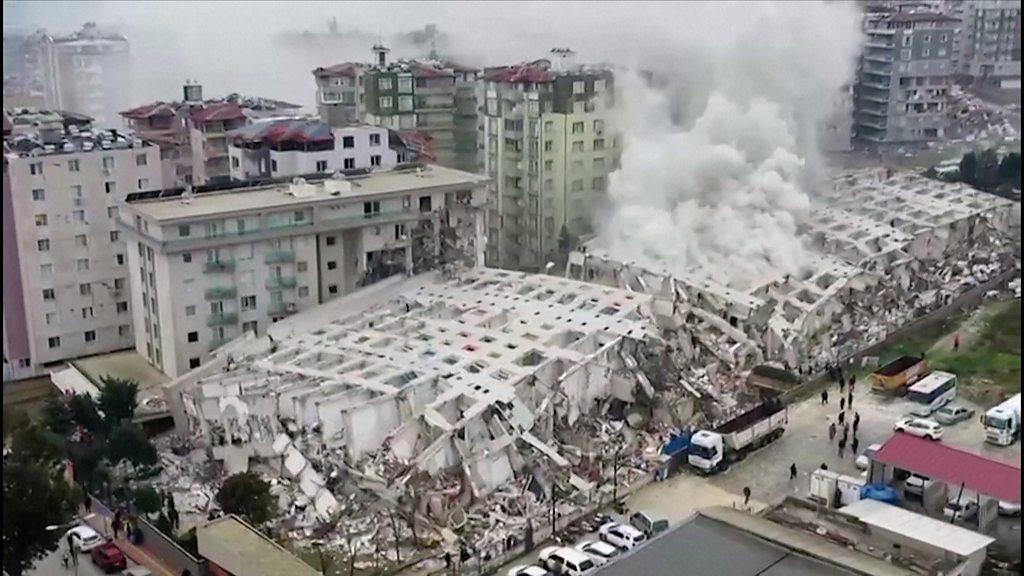
- Published8 February 2023
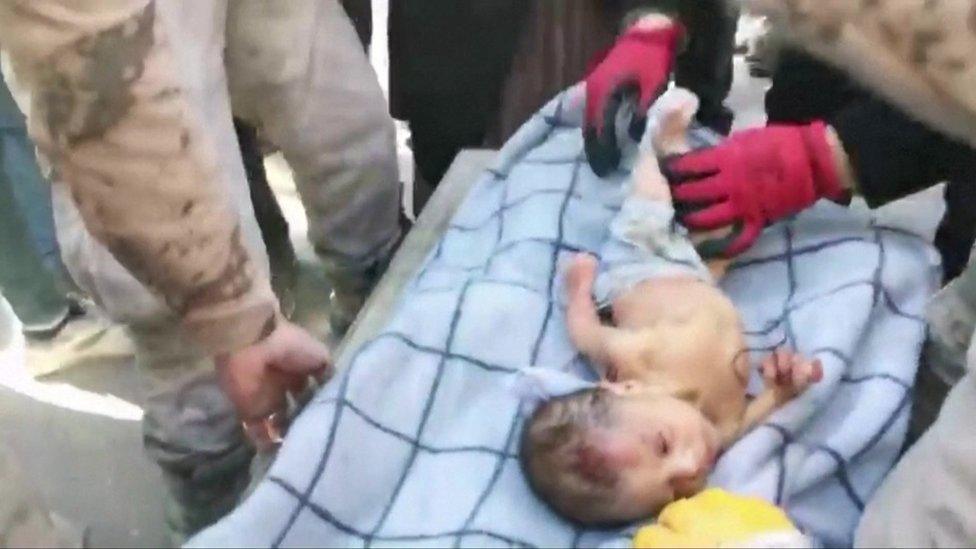
- Published10 February 2023
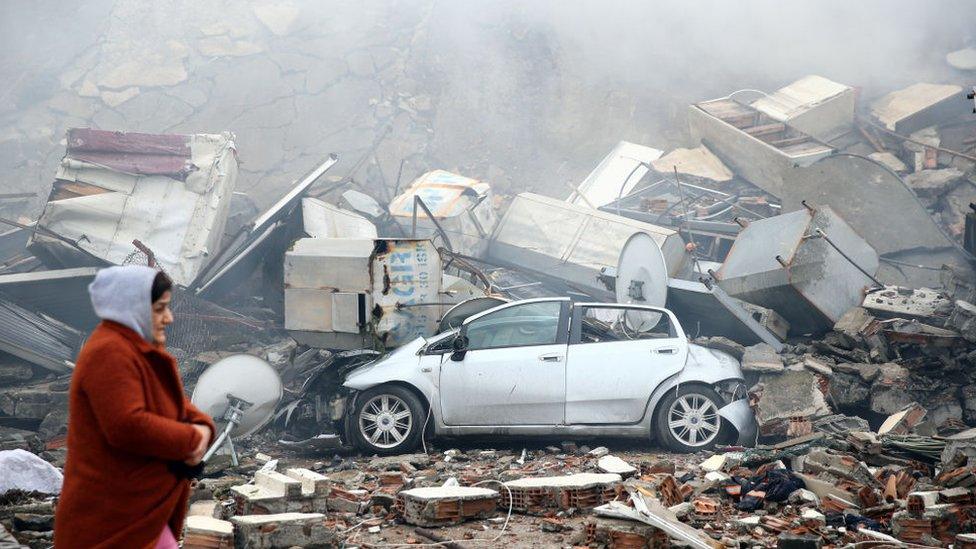
- Published8 February 2023
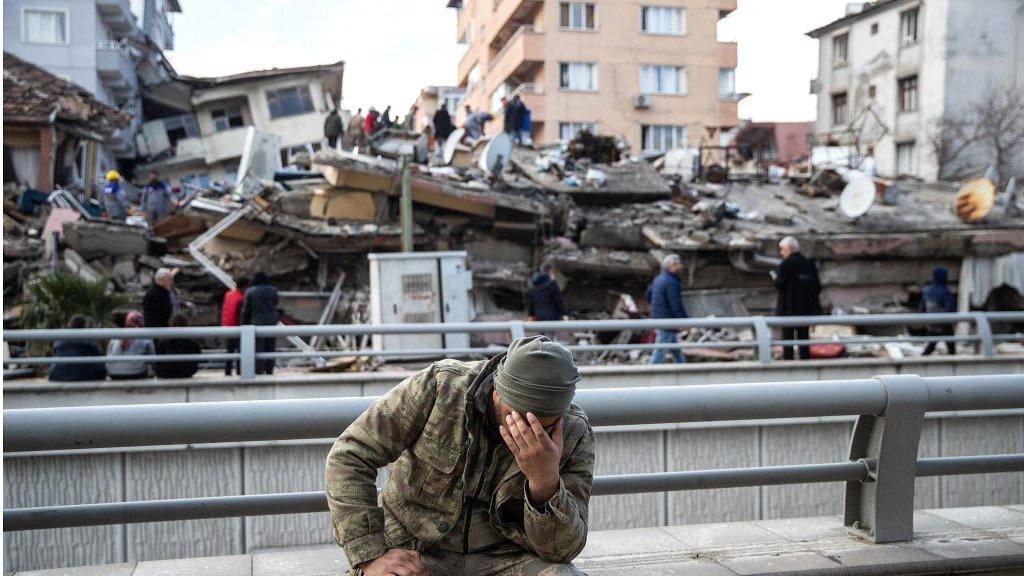
- Published8 February 2023
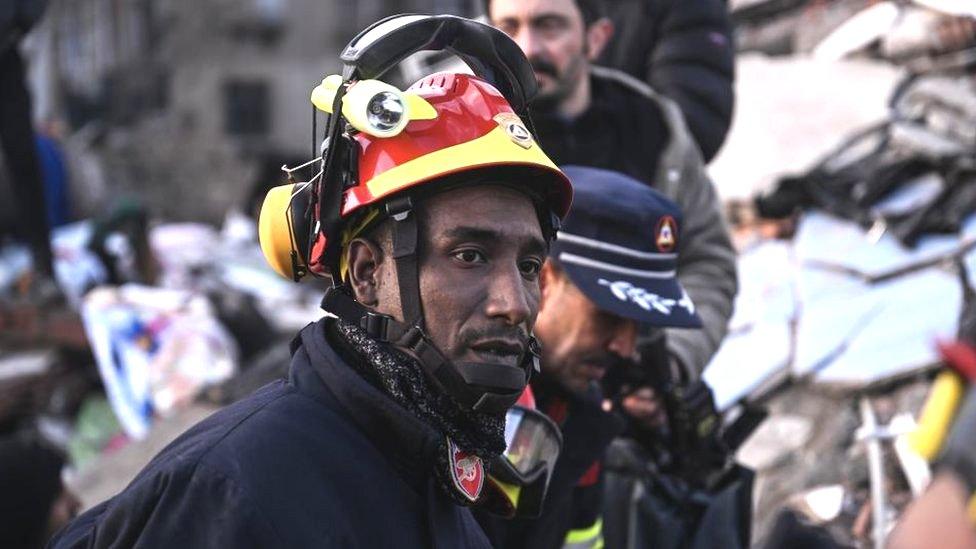
- Published9 February 2023
